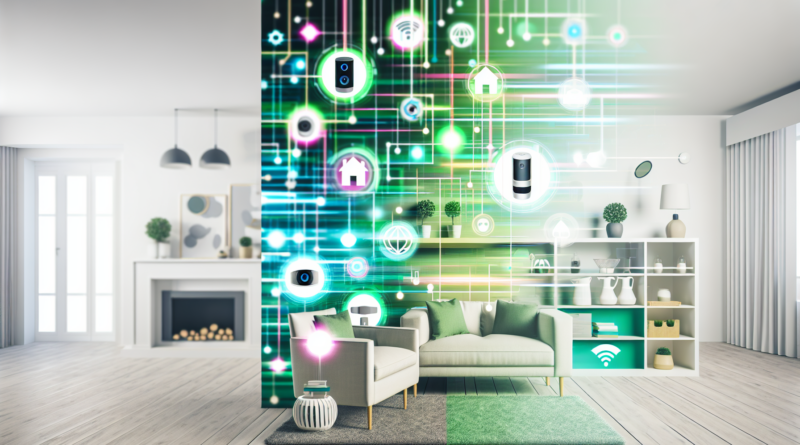Hidden Connection Between Sleep Deprivation and Anxiety Attacks

Hidden Connection Between Sleep Deprivation and Anxiety Attacks
Hidden connection between sleep deprivation and anxiety attacks. In today’s fast-paced tech-driven world, the intersection of mental health and technology is increasingly relevant. Specifically, the connection between sleep deprivation and anxiety attacks is a topic of growing concern. As more individuals find themselves tethered to screens, whether for work, leisure, or both, understanding how this lifestyle impacts sleep and mental health is crucial.
Understanding Sleep Deprivation
Sleep deprivation is more than just missing a few hours of rest. It’s a condition that can lead to a multitude of health issues, affecting both body and mind. Inadequate sleep reduces your brain’s effectiveness, leading to poor decision-making and decreased reaction times – something no one can afford in this digital age.
According to sleep experts, adults require 7 to 9 hours of sleep per night to function optimally. However, busy schedules and the constant availability of technology often interfere, disrupting this natural rhythm and resulting in chronic sleep loss.
The Link Between Sleep Deprivation and Anxiety
Anxiety attacks can be profoundly debilitating, eroding quality of life and productivity. But how does sleep deprivation impact anxiety? Research shows a strong correlation between lack of sleep and increased anxiety levels. Sleep-deprived individuals are more susceptible to heightened emotional responses, making them more prone to anxiety attacks.
Hidden connection between sleep deprivation and anxiety attacks. When the brain does not get enough rest, the amygdala – the part responsible for emotional processing – becomes hyperactive. This hyperactivity can lead to exaggerated emotional reactions, including anxiety. Additionally, sleep loss affects the prefrontal cortex, impairing its ability to regulate emotional responses.
Improving Sleep Quality to Manage Anxiety
Improving sleep quality is a tangible way to reduce anxiety symptoms. Here are some tips to foster better sleep hygiene:
Limit Screen Time: Blue light emitted from screens interferes with your body’s natural sleep cycle. Consider implementing a digital curfew an hour before bed.
Establish a Routine: Going to bed and waking up at the same time each day can help regulate your body’s internal clock, promoting better sleep quality.
Create a Restful Environment: Ensure your bedroom is conducive to sleep – quiet, dark, and cool. Using earplugs or white noise machines can also aid in minimizing disruptions.
Mindfulness and Relaxation Techniques: Practices such as meditation or deep-breathing exercises before bed can significantly reduce anxiety and enhance sleep quality.
The Role of Technology in Sleep and Mental Health
While technology can be a culprit, it also offers solutions. Several apps and gadgets are designed to track and improve sleep quality. Products like smart mattress pads and sleep-tracking apps provide insights into sleep patterns, helping individuals make necessary adjustments.
Using technology mindfully and being aware of its impact on sleep and anxiety is vital for maintaining mental health in a tech-centric world.
Conclusion: Hidden Connection Between Sleep Deprivation and Anxiety Attacks
The connection between sleep deprivation and anxiety attacks highlights a significant issue that resonates in our tech-driven society. By understanding how sleep impacts mental health, individuals can take proactive steps to improve their well-being. Through mindful technology use, improved sleep habits, and awareness, you can mitigate the risks associated with sleep deprivation and enjoy a healthier, more balanced life.
👉 For more insights, visit the ClayDesk Blog: https://blog.claydesk.com




